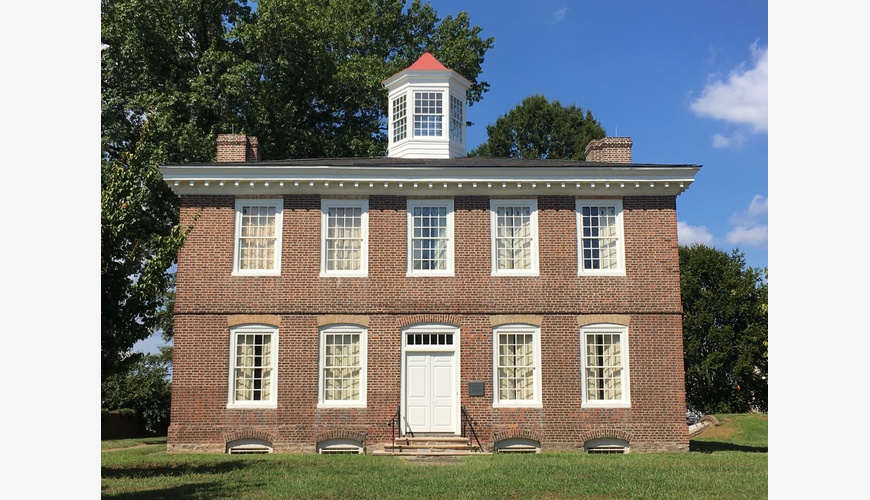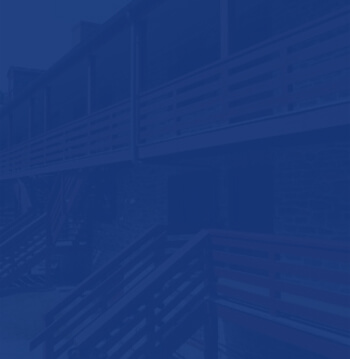



- Wednesday-Sunday, 1:00 pm - 4:30 pm
- Food and music events offered throughout the year
- Currently celebrating the site’s 300th anniversary
- Field trips available for students upon request
- Check the website or Facebook page for the latest events and updates
- Restrooms
- Museum gift shop
- Parking
- Picnic grounds
- Adults - $5
- Seniors - $4
- Children - $4
William Trent House Museum
15 Market Street, Trenton, NJ 08611
609-989-3027
The William Trent House Museum is the oldest standing structure in Trenton, built in 1719 by Scottish immigrant and founder of Trenton, William Trent. He lived in the home with his second wife, Mary Coddington Trent, his youngest son William Junior and eleven enslaved people. The home served as his country estate and later as a residence for three Governors. During Trent's time, there was an allee of English cherry trees and numerous outbuildings, as well as grist mill, saw mill, and fulling mills along the Assunpink Creek. During the American Revolution, the Trent House was inhabited by two men, a Tory Doctor who set up a field hospital in the house and a Continental Army Colonel who used the house as a supply depot for Washington’s army. In 1929, the house was donated to the City of Trenton under the condition that it be returned to its original appearance and be used as a library, art gallery, or museum. After extensive restoration, the William Trent House Museum opened in 1939. It is operated by the Trent House Association, is a designated National Historic Landmark, and is listed in both the State and National Registers of Historic Places.
WHAT TO SEE AND DO
- Take a self-guided tour of the historic gardens, orchard, and grounds. (Lead by a gardener when available)
- Take a guided tour of the House museum and view the exhibits to learn about 18th Century history and lifeways.
- Discover the legacies of prominent residents who called the Trent House home throughout centuries of use.
- Explore how the enslaved people of the Trent house lived and worked and the impact that the institution of slavery had on the colony of New Jersey.
- Learn about how the Native Americans (Lenape) once inhabited the land.
Journey through Jersey strives to have the most up-to-date information, but always check with the site itself before planning a visit.














